How to survive hard back-to-back days on the bike
Riding back-to-back days later in the year? We've got tips to help you to the finish line in the best shape possible...
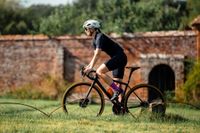
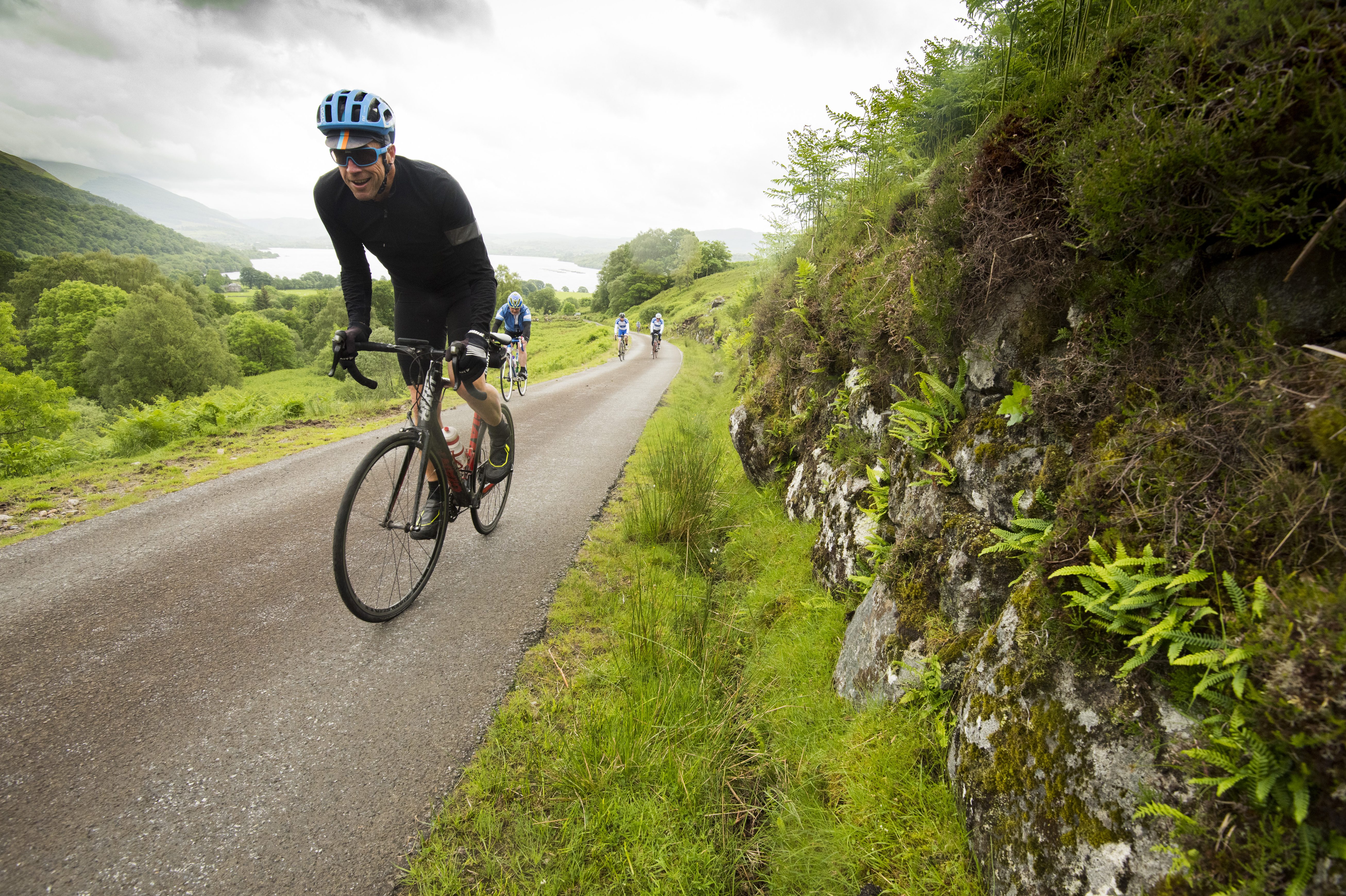
Image: Andy McCandlish
The latest race content, interviews, features, reviews and expert buying guides, direct to your inbox!
You are now subscribed
Your newsletter sign-up was successful
Multi-day events are by nature hard on your body and mind – getting on your bike when your legs are already heavy can be tough, but the feeling of completing a mammoth back-to-back day event is hard to match with a 24-hour stint.
Success requires physical preparedness, mental toughness and a certain amount of attention to logistical detail.
We spoke to both the male and female winners of the Tour of Sussex stage race (taking place in May and June in 2019), to get their tips on how to be your very best, over and over again.
Both were taking part in the competitive Southern race, but their learnings can certainly be applied elsewhere, in multi-day sportives and events such as those run by Haute Route - or even your spring training camp...
Training
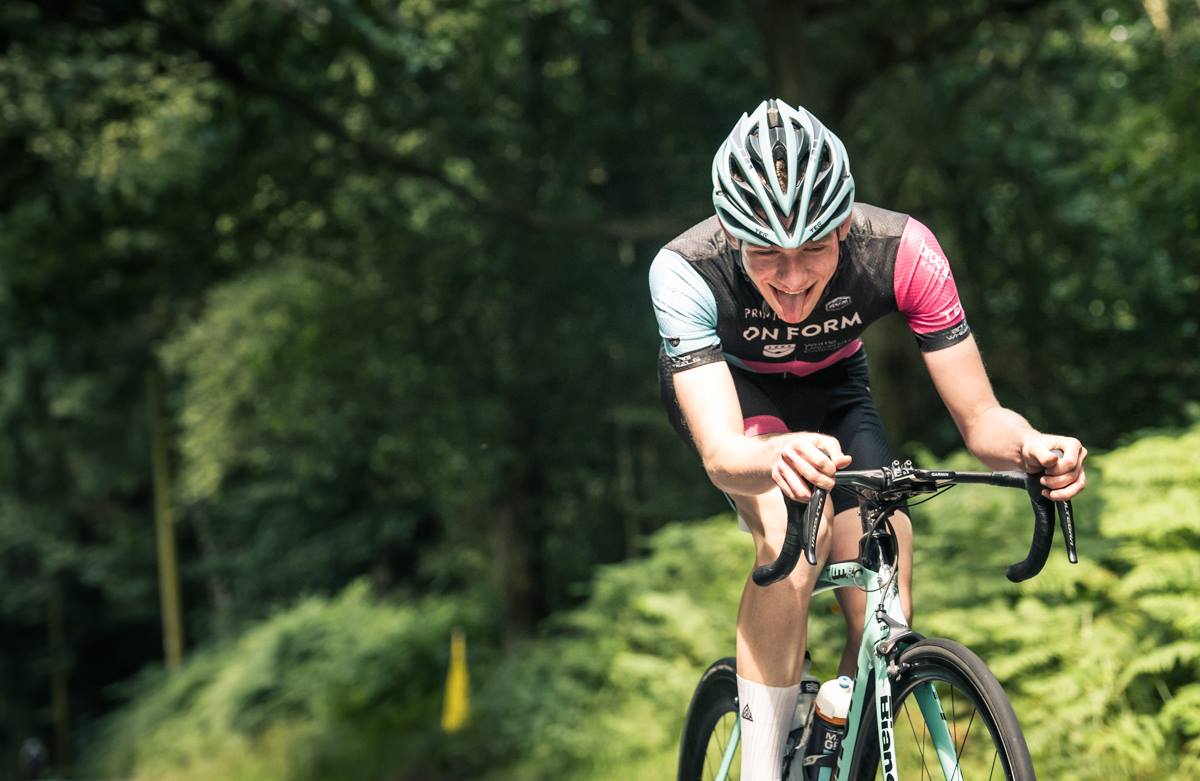
The most meticulous on the day plan in the world won’t help you if your body just isn’t ready for the upcoming effort.
Both men’s Tour of Sussex winner (2018), John Hale, and women’s winner (2017) Emma Lewis used commutes as a vessel for preparing their bodies for the rigours of repeated racing.
“I kept my training plan relatively consistent. To fit it in around work, I used lengthened commutes – often an hour on the way in to work, and two or three hours in the evening. I’d do that about three times a week, plus weekend rides. In total, I usually do about 15 hours training a week, maybe more, with one day off," explains Hale.
The latest race content, interviews, features, reviews and expert buying guides, direct to your inbox!
“That in itself helps, having a relatively high training volume compared to some of the others means you’re used to doing that volume, day in, day out.
“One thing I would do before a longer stage race, is take around seven to 10-days in the lead up to taper down the amount of training I’m doing. Just to be a bit fresher than you might for a one day race where a little bit of fatigue wouldn't do much harm.”
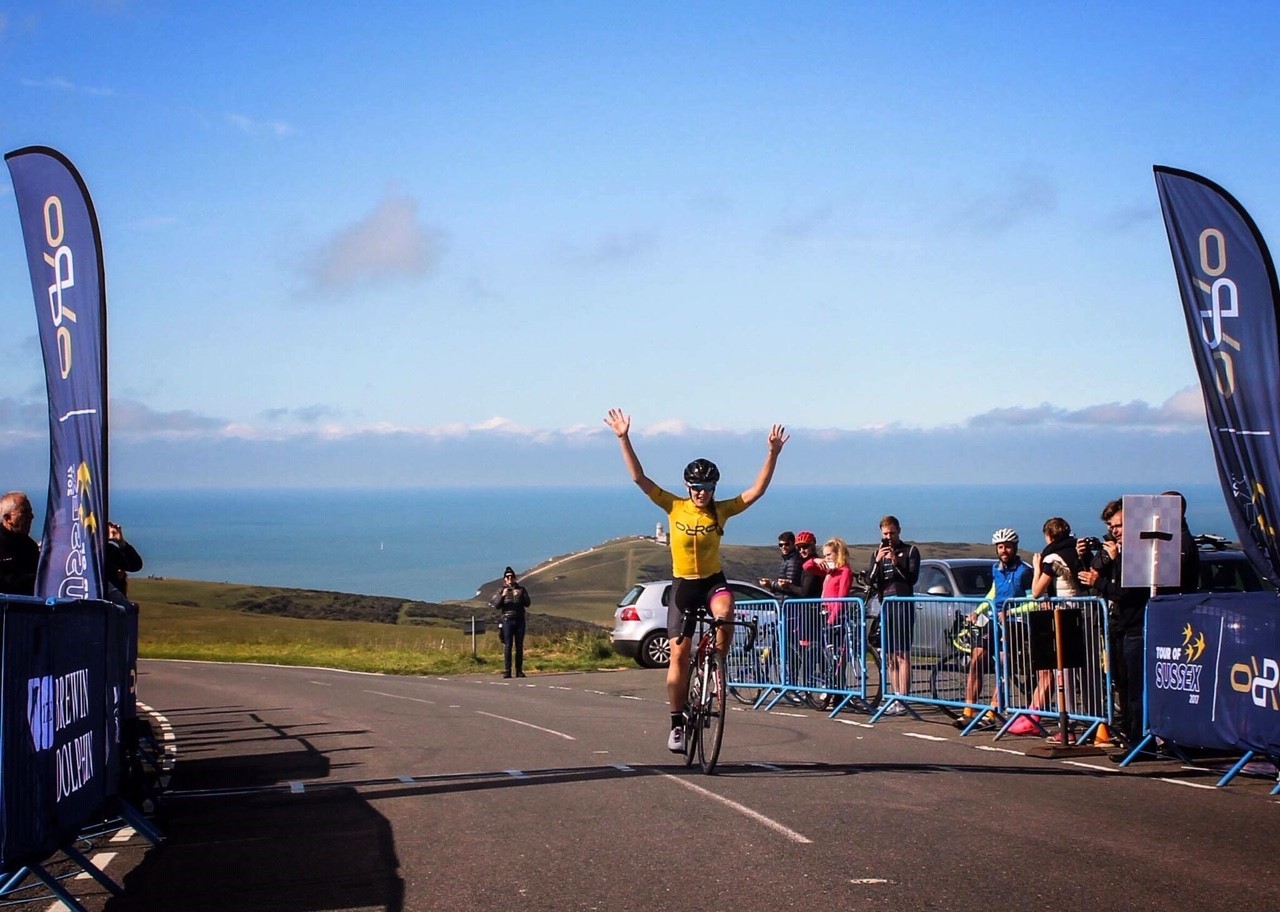
Lewis also used her trips to and from work to prepare, with guidance from her partner Craig who has raced stage events himself, too.
“I’m lucky, in that I can commute to work on my bike, and it’s a hearty 30-miles from my front door, through rolling country lanes and away from main roads. I made good use of my time and Craig would get me doing double training days a few times a week, to get me used to getting on the bike again and again.
“The morning commute would be steady, the ride home would include sweetspot efforts mainly.”
Resting between stages
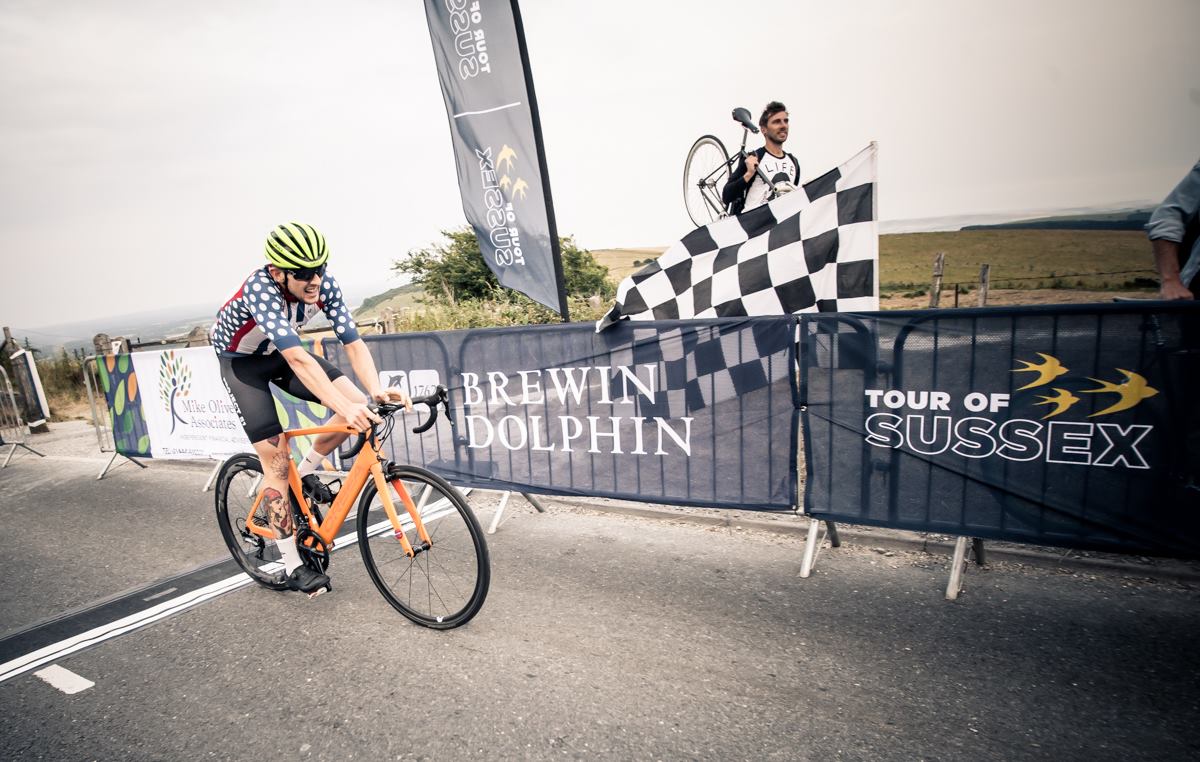
One of the biggest factors when it comes to performing day after day is what you do with the time when you’re not on the bike. The best rider might well be the one with the best recovery strategy.
Lewis kept her activity between stages to a minimum.
“Keeping your feet up is really important to enhance recovery and rest. If you’re not on the bike, your feet should be up,” Lewis says.
“I raced in 2017 on a team with Team GB Para-cyclist and now world champion Crystal Lane-Wright, she taught me so much, but a lot about the importance of recovery and naps!
"At the Olympics, apparently the riders have competitions as to who can do the least amount of steps during a rest day... a great way to ensure you relax and recover."
>>> Tips for effective rest and recovery from cycling
For Hale, sleep is high on the agenda.
“It’s very easy to chat about race tactics until 11 o'clock at night and be getting up at 6am in the morning for the next stage and that’s no good at all, you'd be better off going to bed at 8.30pm and getting up at 6am. Sleep was probably my best form of recovery."
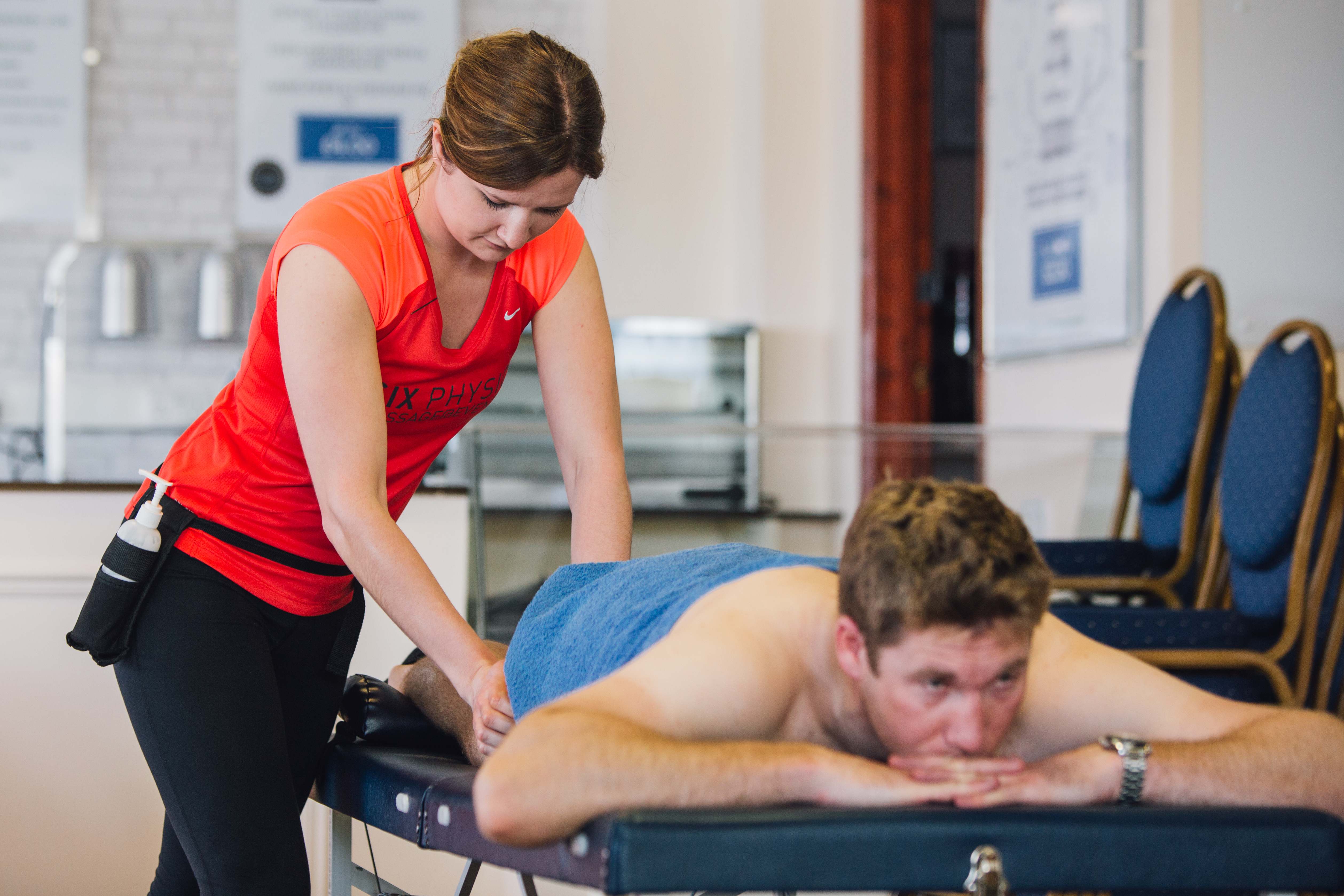
At some multi-day events, massage is all part of the service, and it can help. However, Hale prefers to bypass all that unless something is notably wrong.
“I am quite cynical of most things like massage and foam rolling, I don’t even do much of a warm down after stages, the ride back to HQ is fine.
"If there's something that feels tight, I might stretch or give it some very specific foam rolling that might work in that region, but I find you can sometimes do more damage than good by trying to be super loose and stretched. If there's no issue in the first place, I think it's often best to let it be.”
If you do get a massage, it's best to keep it light. A deep tissue massage - though excellent in the long run - can leave your legs heavy for a day or two.
Nutrition
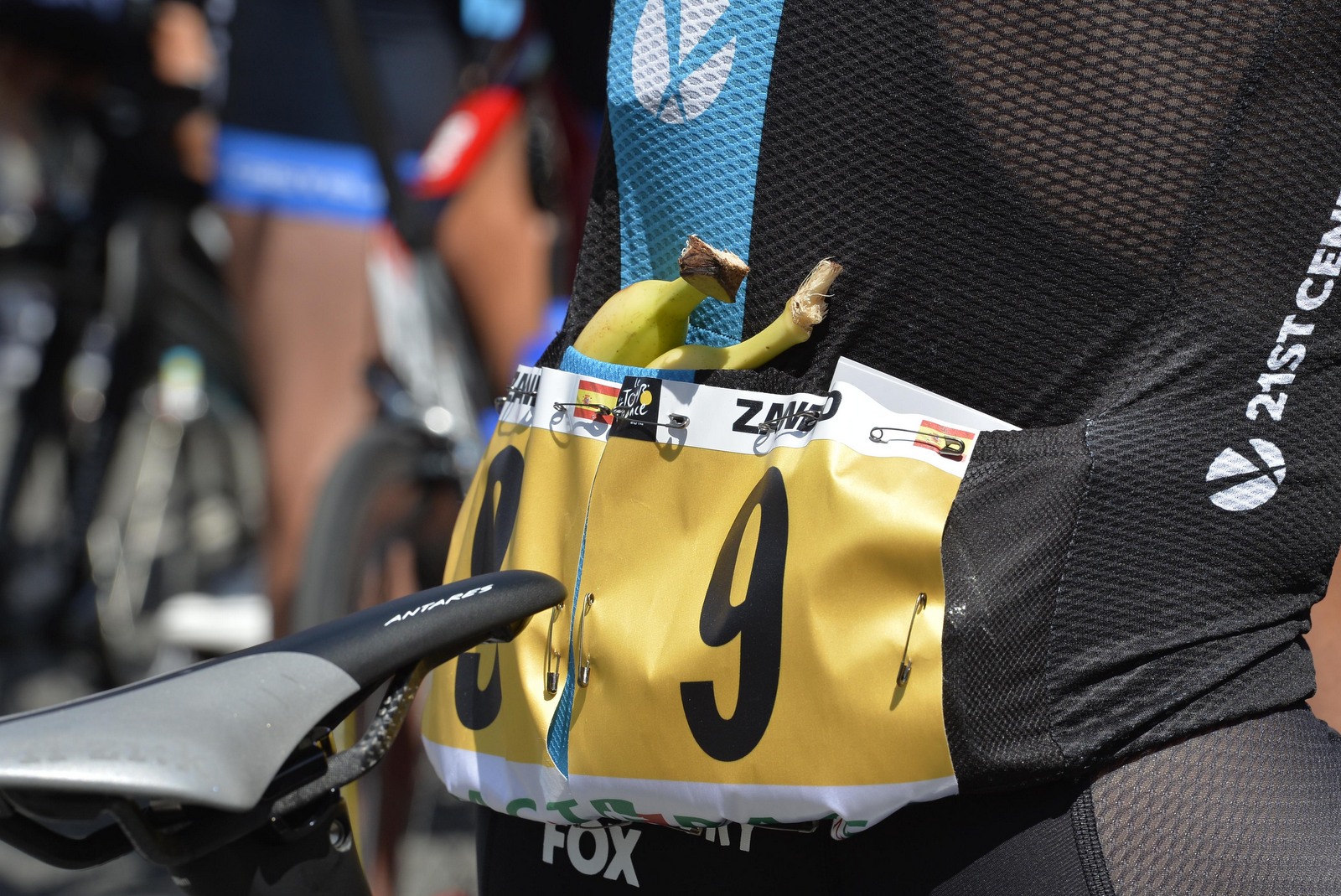
You won’t perform without enough calories in the tank.
For Lewis, the chosen pre-stage breakfast would be porridge topped with banana, dates and honey, and she’d be up early to get it in two to three hours in advance of the start.
“That often means early starts. But ensuring your food is fully digested before you start slogging your guts out is a must!
Five pre-ride breakfasts
“Post-race I never really feel like eating anything, but during a stage race it is paramount to get a carb and protein mix down you as soon as possible. You’ve got to be as recovered and repaired as possible before doing it all over again the next day.
>>> Get your nutrition dialled
“At the last ToS we had a pizza party before the final stage, which was an amazing circuit along Beachy Head, it was stunning scenery and a great course with a long winding climb which would be sure to make the race one of attrition! I made sure to have salad with my pizza to get the extra nutrients in but really loved replenishing the calories burnt over the three days!”
On the road, Lewis opts for a mixture of fuel.
“I find it hard to consume just gels over an event. So I like to have some solid foods to mix it up a bit and give my stomach a rest from the gels. I will always drink a carb energy drink mix, unless it’s a really hot day when I will get a bottle with electrolytes in too - I try to consume a bottle every hour of a race and a gel every 30 minutes.”
Hale is equally insistent on the importance of nutrition, saying “the biggest takeaway from all training and racing, particularly multi days, is making sure you're eating enough to offset the work you're putting out.
"I spent several years competing in near international lightweight rowing, which is a sport heavily focused on dieting and the nutrition side, I guess I've taken home some key elements with me.
“You need to eat more of a balanced diet. So it will be more protein, but more carbs as well and more fat. I try not to worry about it too much, you can stress over getting the 100g of protein after the race or you can just drink some chocolate milk and have an energy bar and go home and eat a dinner, albeit twice as much as you'd normally have, and that's absolutely fine.”
Managing effort
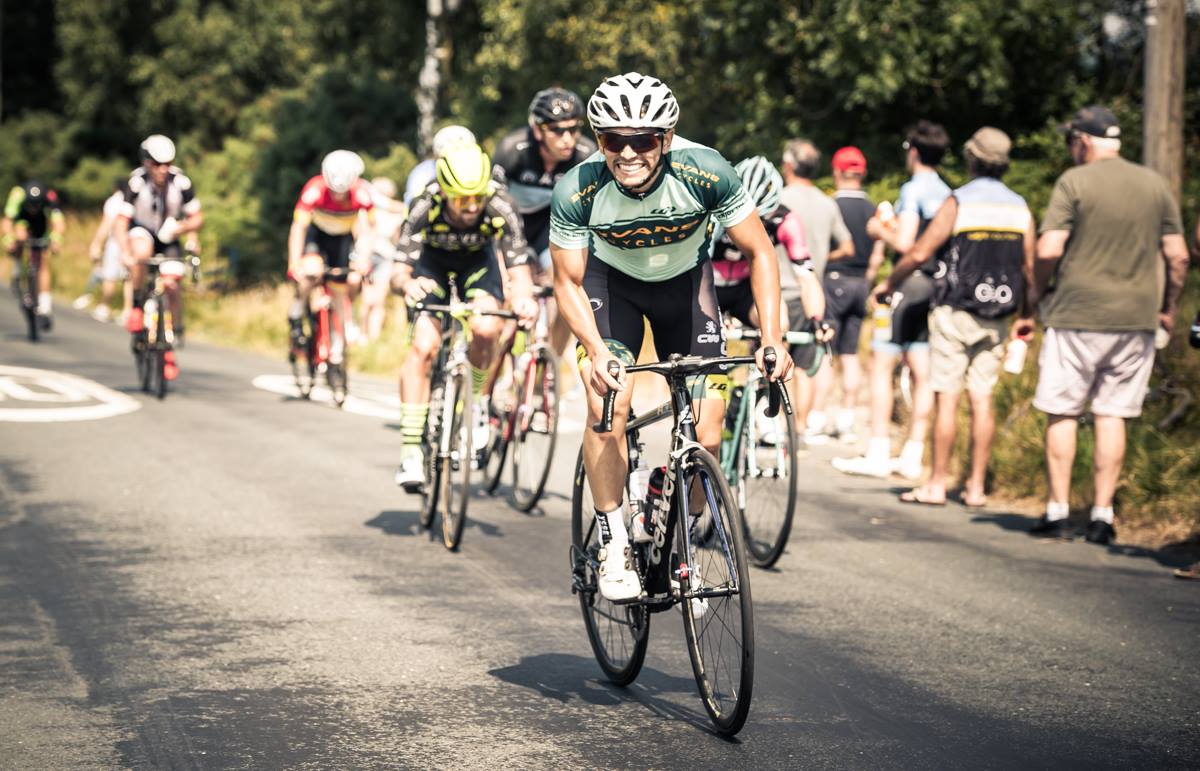
It goes without saying that during the course of any multi-stage event, you’re going to encounter fatigue, and it’s going to get tough. If your goal is competition, remember it's the same for everyone else.
“I think you forget that during a stage race, it’s not only your legs that become tired and achy, every lady who starts again after a hard days racing is feeling the effects, it’s remembering we are all in the same state and we just have to be mentally tough to keep on giving it our best," says Lewis.
"I think the biggest surprise is how my legs kept on going, despite knowing I felt tired and fatigued; I felt able to keep on digging deep right up to the finish line of each stage."
If you're taking part in the event to see how well you can do, and competition plays no part, it's still reassuring to know those alongside you feel much the same each day.
>>> The hidden motor in your head: how mind training can make you faster
Hale had the benefit of team mates working for him.
“The biggest factor in the ToS for me, when it comes to managing fatigue, was that after the first road stage the team was working for me, and keeping me out of the wind as much as possible, and racing at the front, chasing down breaks so I didn't have to. If you have a team doing that, you save so much energy,” he says.
Of course, whilst we can’t all have the services of team mates, we can look to manage our efforts. Stay out of the wind where possible, avoid unnecessary surges as these will sap your energy, and conserve energy during tail wind sections, ready to use come the often unavoidable headwind.
Admin
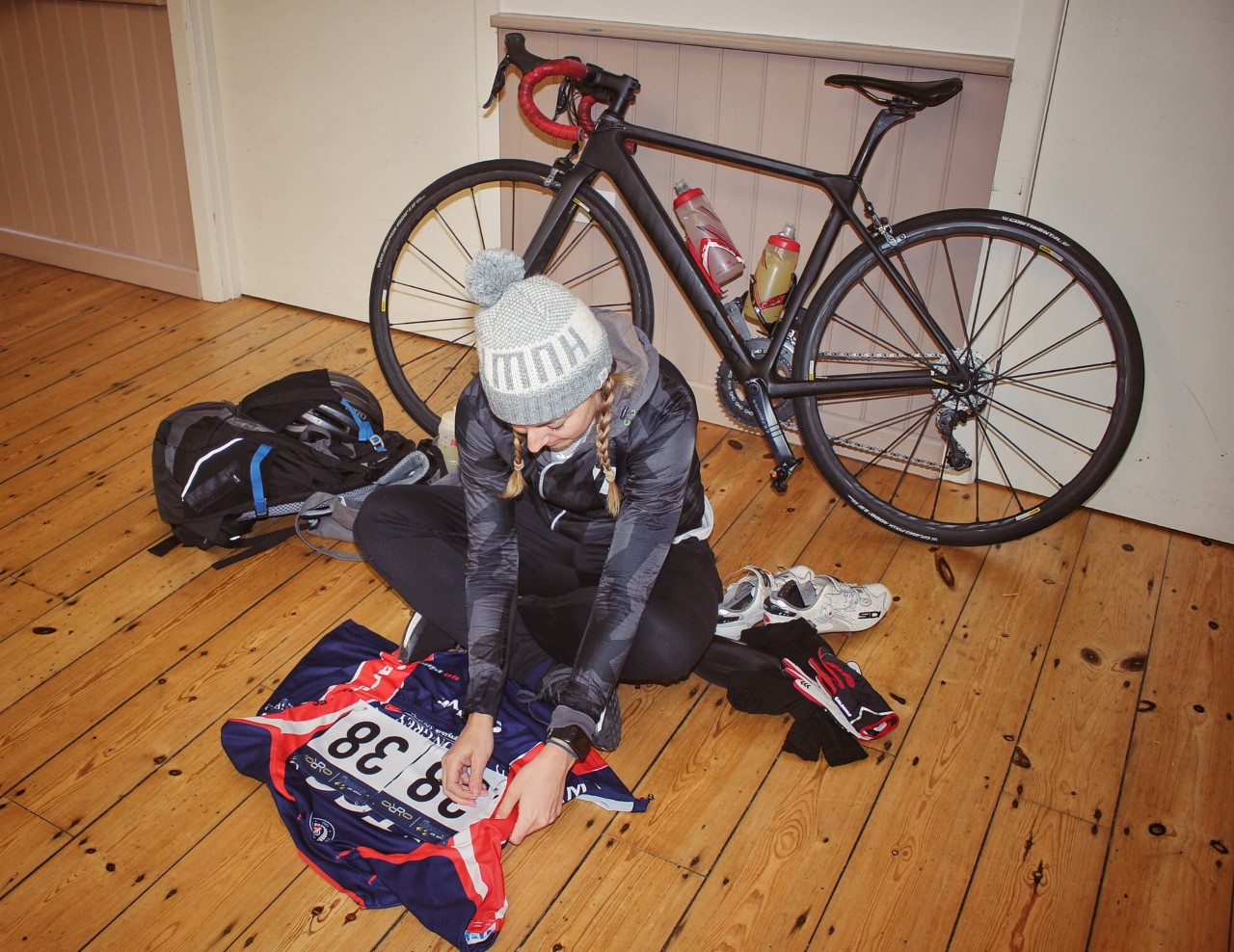
A multi-day event involves several logistical considerations. As Hale attests, “driving and travelling is knackering, the more of that you can avoid the better.”
He notes that many of his team-mates were driving between Sussex and London after each stage, something he’d do differently at future stage events planned for the year ahead.
“Things like making sure you’ve booked accommodation near that stage, making sure you got back as quickly as possible and have got good food in as quickly as possible make all the difference,” he says.
Lewis has the benefit of a soigneur in the shape of partner Craig.
“He ensures that everything is working and going so smoothly, that I simply arrive at a race, plonk myself into a chair and relax until I need to change and start warming up. The same post-race, I cool down and once I’m off the bike I have a protein shake handed to me and a seat there ready to relax."
Again, that's not something we can all enjoy, but if you're taking part in a catered event, a lot of the thinking will be done for you - so make sure you take advantage of preparations made, or seek out a friend in advance if it's an option.
Recovery, recovery, recovery
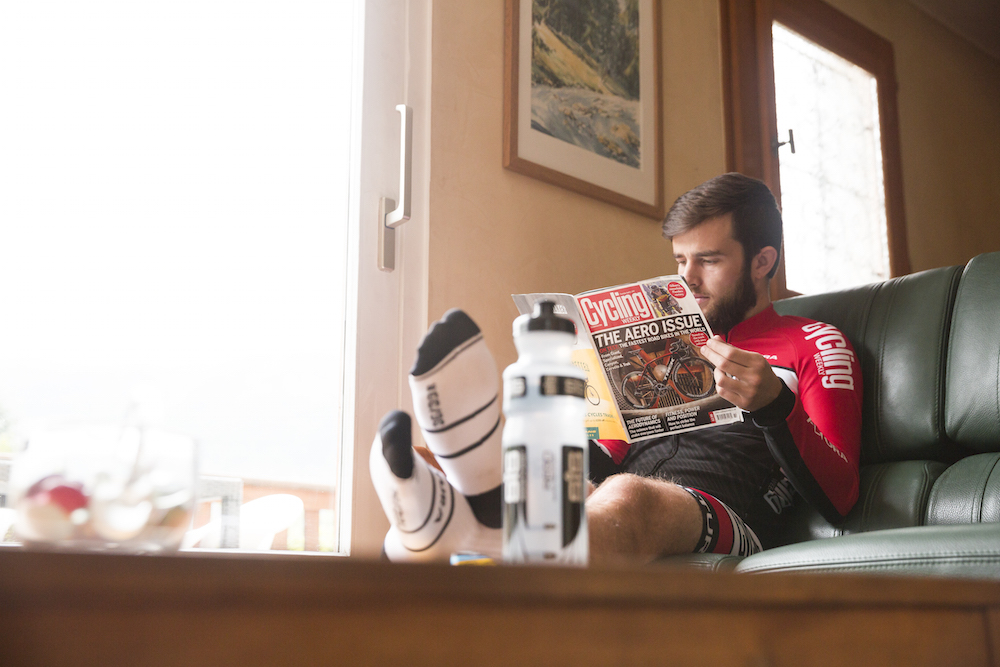
The strongest message from both competitors is that of the importance of recovery.
Training in advance is essential, of course, but you'll get the most out of your efforts if you eat well, sleep well, reduce stress with research and admin in advance - and snap up every available opportunity to rest.
5 Tips for back-to-back racing from Haute Route
Five tips for surviving multi day sportives
Though much of the advice is applicable regardless, much of what Hale and Lewis told us comes from a racer's perspective. We spoke to Haute Route organisers to get their top tips, based on the way they've seen their participants ride at the multi-day events. Here are there five 'to do's'...
Make the most of the services
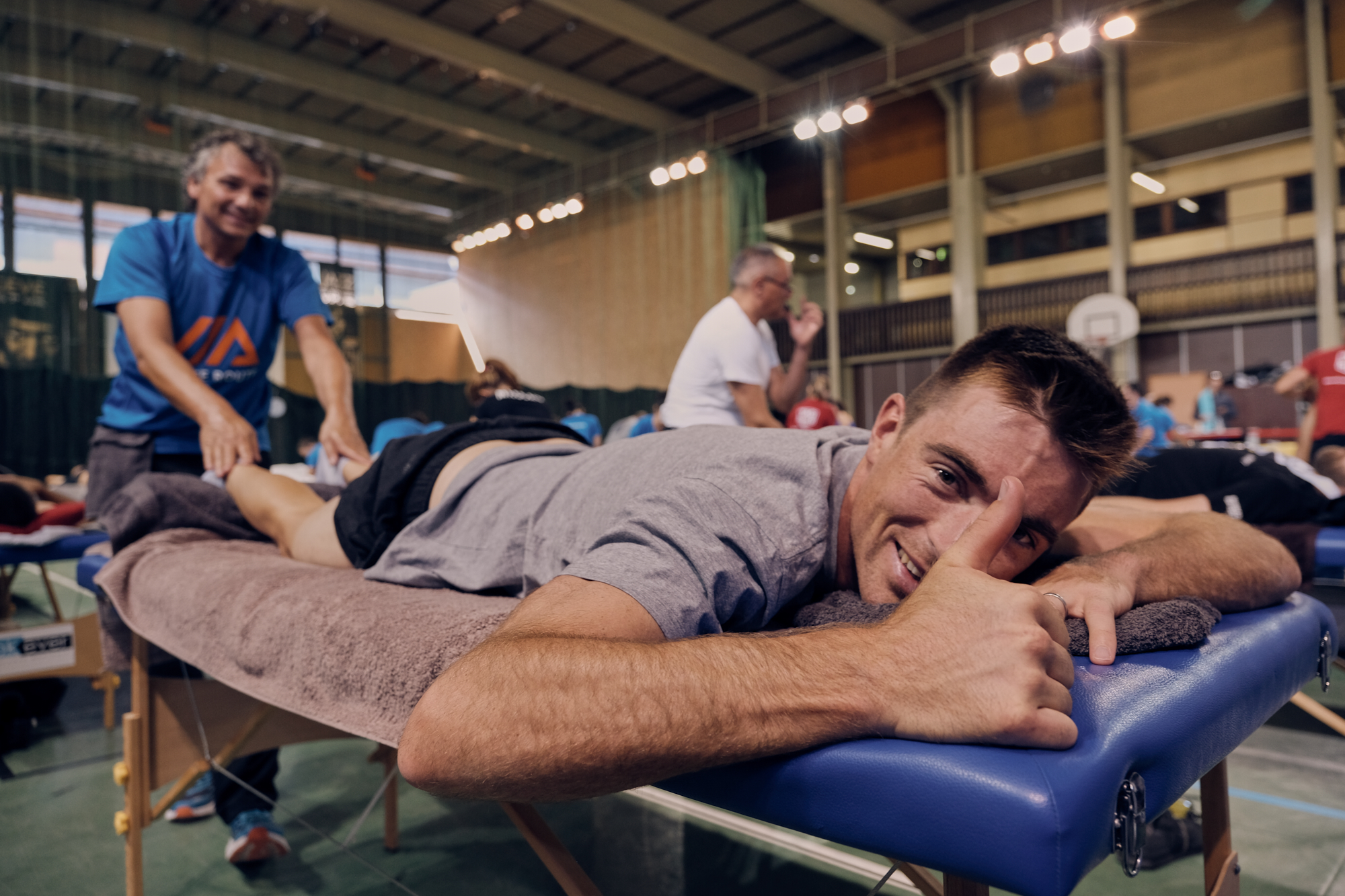
Event organisers will lay on plenty of support. As an example, the Haute Route provides rolling road security, mechanical support, medical support, feed stations, timing, ranking. There's also briefings, massages, meals, logistical support and more - so make the very most of it as these services will keep you fresh and ready.
Train appropriately
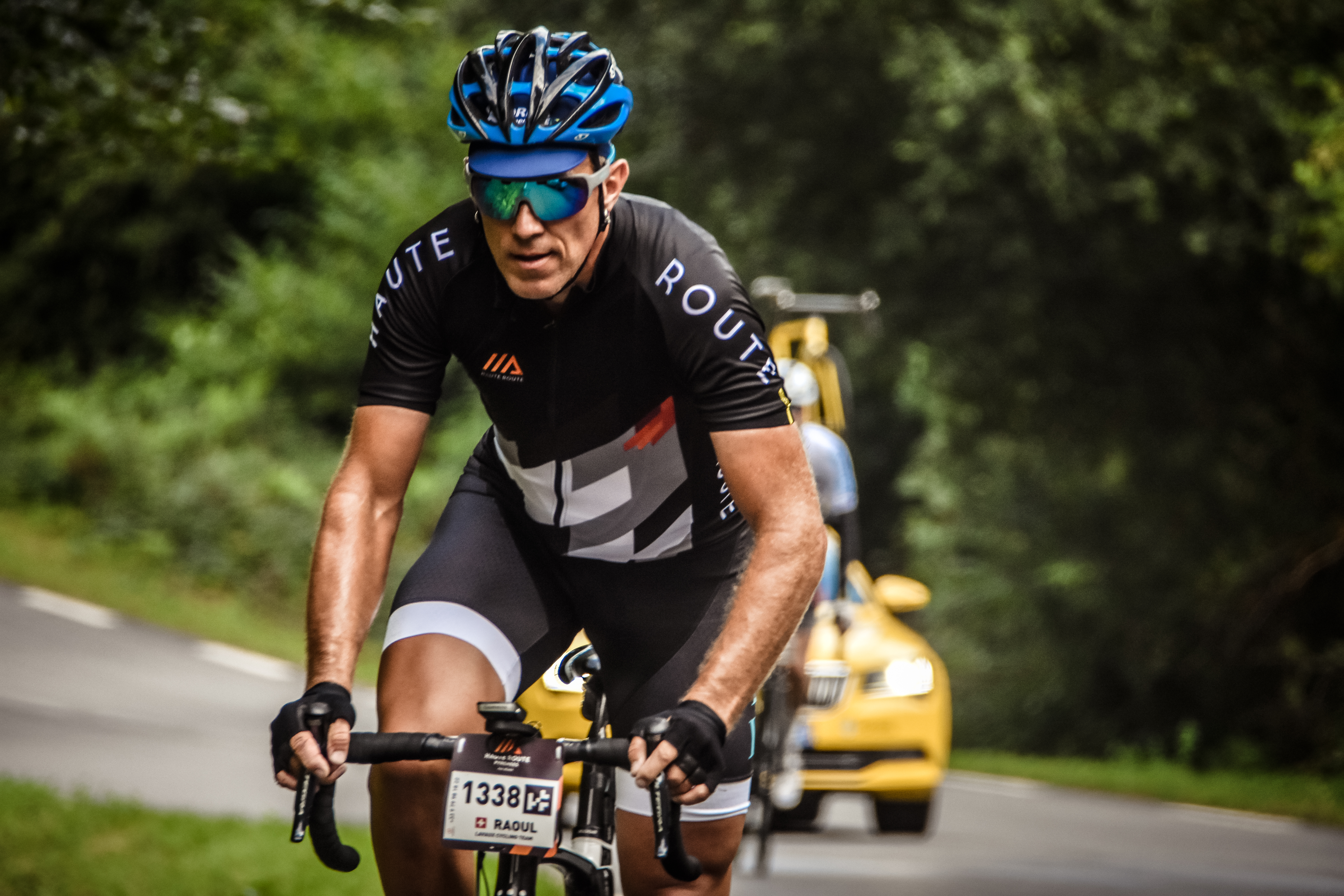
Practice long rides, hilly rides, back-to-back rides on the weekend. Mix up the intensities and duration. Practice fueling and hydration strategies before the event.
Manage your effort
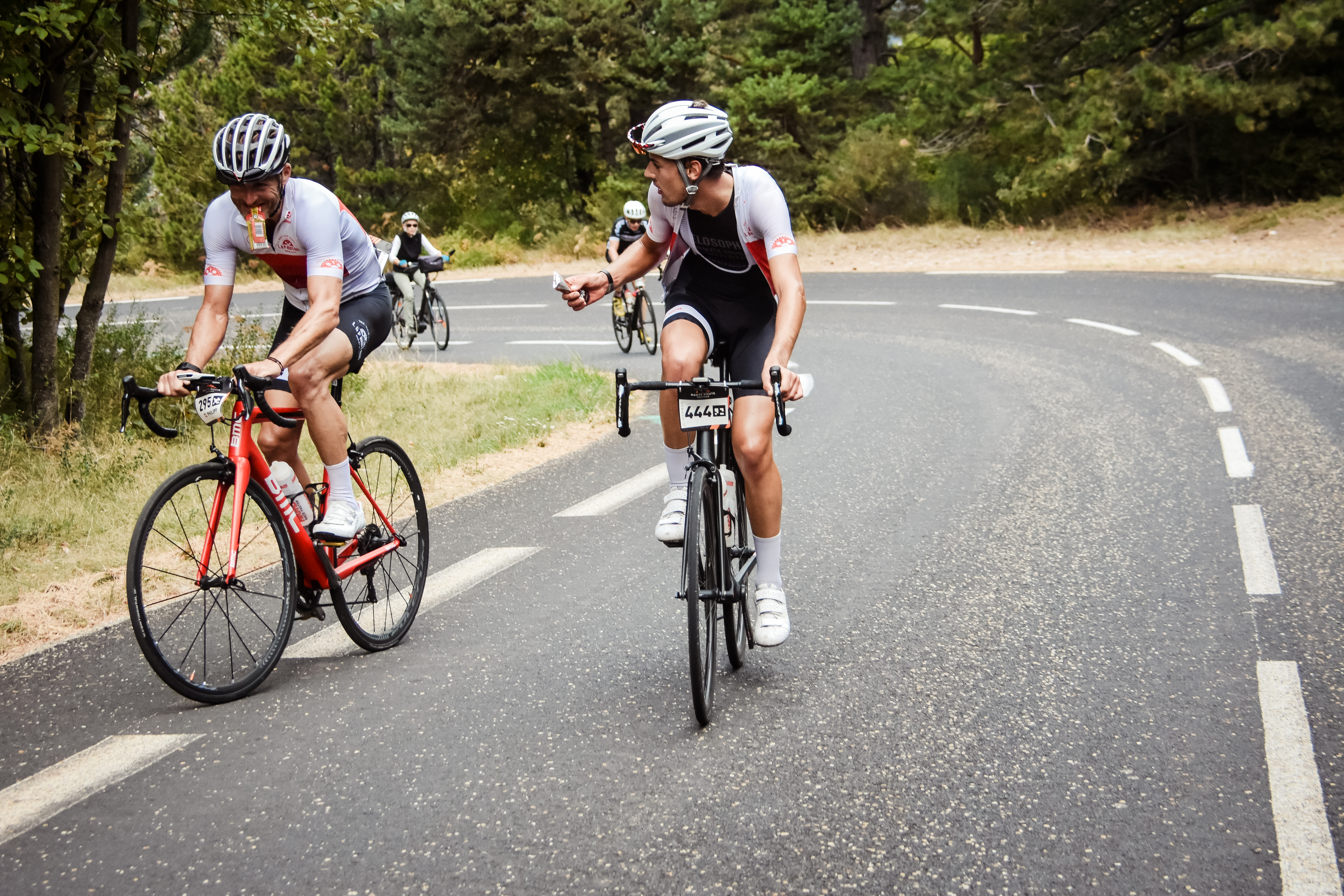
Don’t go off too hard on the first day, especially on a 7-day event. Try and pace yourself around 70-80 per cent of your FTP [on the climbs] and you will get stronger throughout the week. Remember to fuel and drink appropriately.
Ride smart
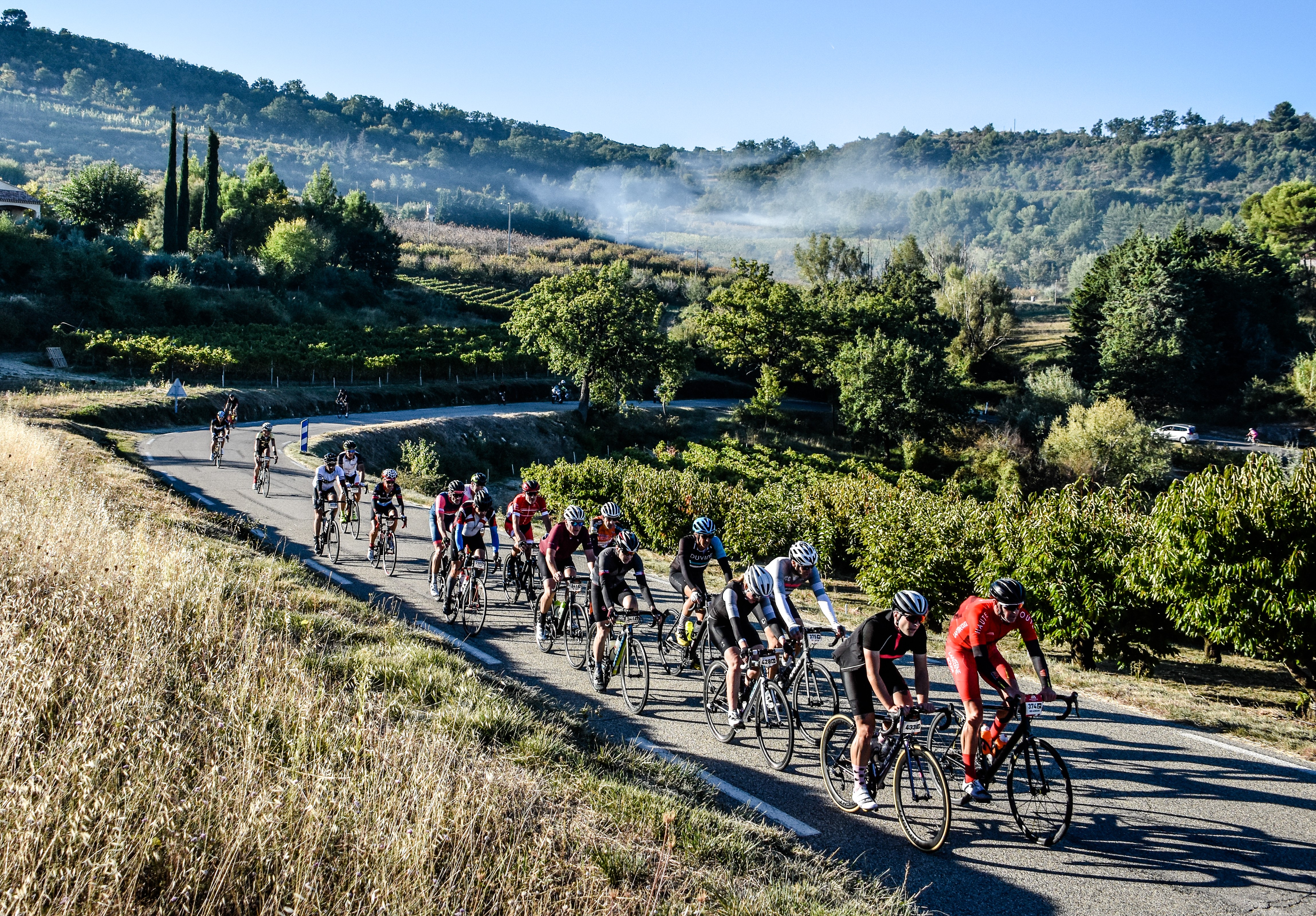
Choose an event and a course that suits you (7 day/3 day, original/compact) and use the riders around you to your advantage by riding in a group on the flatter sections to save energy.
Remember to enjoy the experience
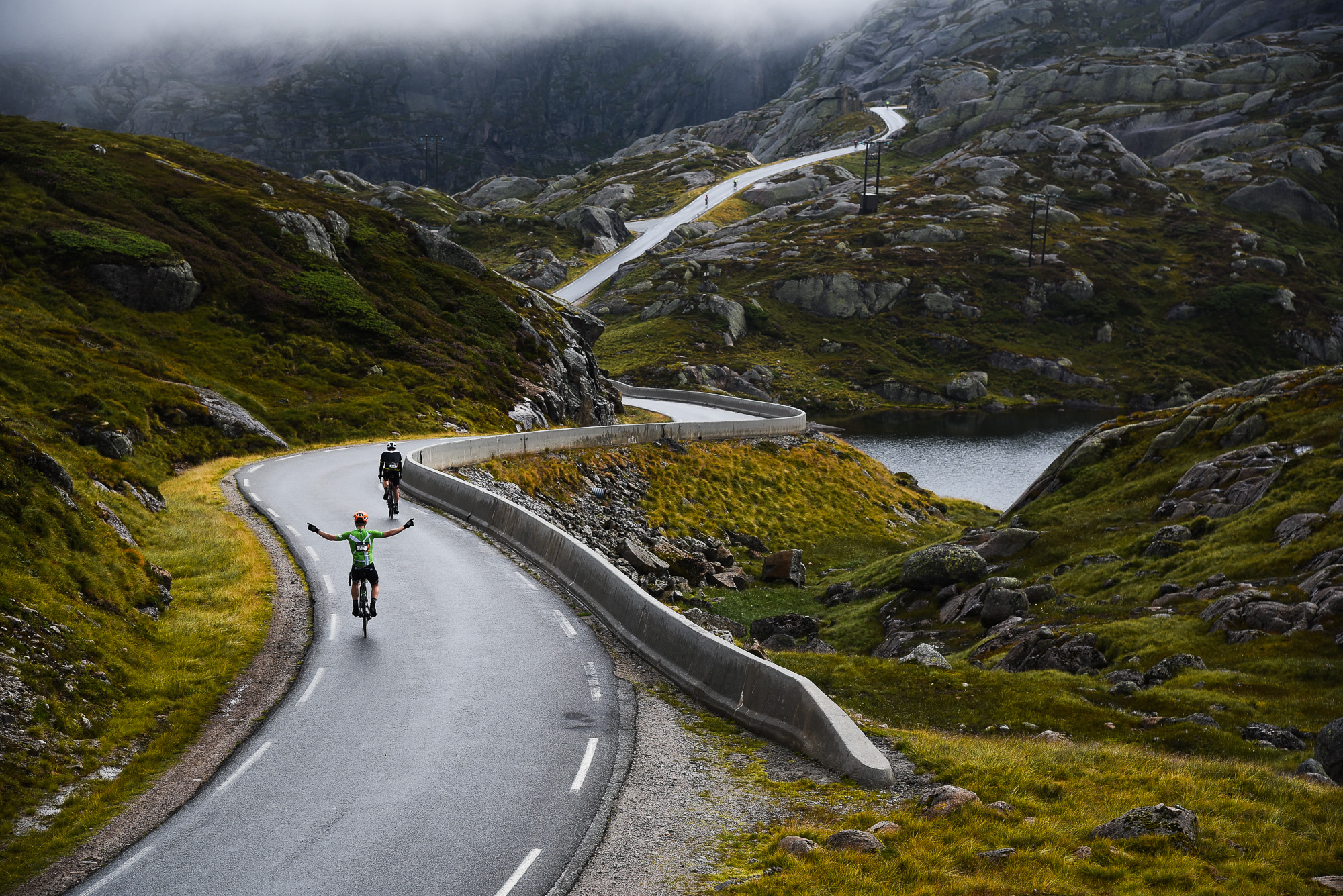
Obviously remember to look up and appreciate the surroundings, the people, the camaraderie and the overall experience. The more pleasure you take in the incredible surroundings the easier it will be to conquer the challenge at hand.
Michelle Arthurs-Brennan the Editor of Cycling Weekly website. An NCTJ qualified traditional journalist by trade, Michelle began her career working for local newspapers. She's worked within the cycling industry since 2012, and joined the Cycling Weekly team in 2017, having previously been Editor at Total Women's Cycling. Prior to welcoming her first daughter in 2022, Michelle raced on the road, track, and in time trials, and still rides as much as she can - albeit a fair proportion indoors, for now.
Michelle is on maternity leave from April 2025 until spring 2026.
